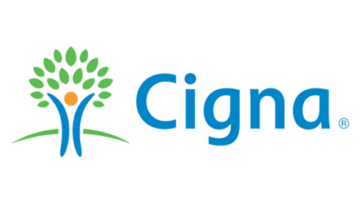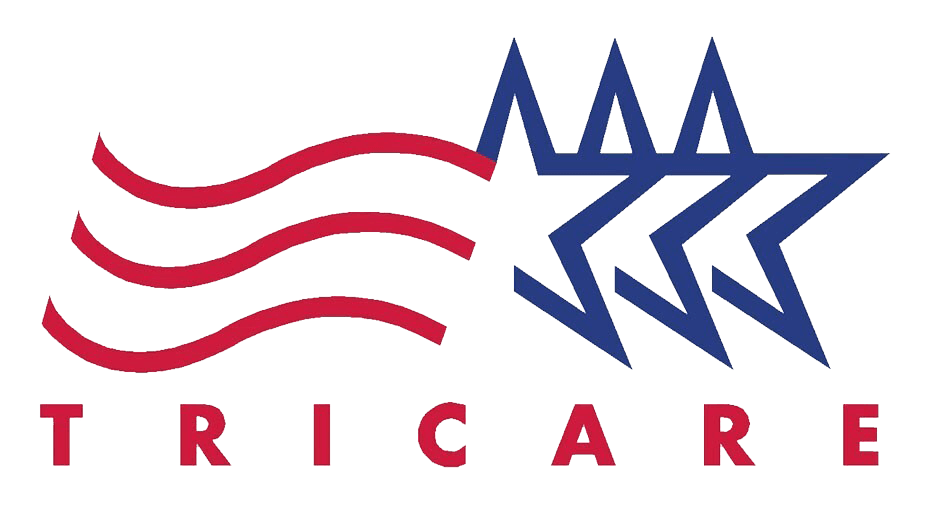Family support is essential not just in times of hardship, but through both the ups and downs of life. We are human, and we thrive when supported by those we love. During especially difficult times—such as struggles with substance abuse, poor mental health, or addiction—the need for love and support becomes even more critical. When higher levels of care like inpatient treatment are needed, Omega Recovery refers clients to trusted residential or inpatient facilities, and family support during that process offers numerous benefits for lasting recovery. Family members can provide emotional encouragement, comfort, and understanding as their loved one navigates treatment and healing.
The importance of family support in recovery—whether through our programs or a referred inpatient setting—cannot be overstated. Key benefits include increased motivation for recovery, better adherence to treatment plans, enhanced emotional well-being, and improved long-term outcomes. Family involvement often leads to a better quality of life for both the individual and their loved ones. It can also significantly reduce the risk of relapse, as family members learn tools and strategies to support ongoing healing. When families participate in the recovery process, outcomes are consistently better for everyone involved.
The Kinds Of Disorders That May Require Inpatient Mental Health Treatment
Mental health is vital for thriving in life, as our mind shapes our world. When concerns arise—for ourselves or someone we love—seeking the right level of support is essential. In cases where symptoms are severe, inpatient or residential care may be recommended, and Omega Recovery provides referrals to quality facilities that offer intensive support. Inpatient-level care is typically indicated for individuals experiencing acute symptoms of mental health or substance use disorders that require structured, around-the-clock care. Examples of conditions that may necessitate this level of treatment include:
Substance Addiction: This includes addictions to alcohol, drugs, or narcotics. Severe substance addiction often requires inpatient treatment for safe detoxification and intensive early recovery support.
Borderline Personality Disorder: Inpatient care may be necessary for individuals experiencing crises, severe distress, or heightened risk of self-harm.
Severe Depression: A structured environment can help those with severe or persistent depression, including loss of interest in life or suicidal thoughts.
Bipolar Disorder: Severe mood episodes in bipolar disorder can disrupt daily functioning and may require inpatient stabilization.
Eating Disorders: Inpatient treatment is often needed for individuals with anorexia, bulimia, or other eating disorders when medically compromised or at risk of self-harm. At Omega Recovery, we also emphasize healthy nutrition as part of overall wellness.
Technology Addiction: This includes gaming, phone, or social media addiction. A structured ‘detox’ period from technology can be challenging, making supportive environments—and family involvement—especially valuable.
This list is not exhaustive. Inpatient or residential care is critical for anyone deeply struggling in daily life, often feeling isolated. Professional facilities provide the environment, support, and life skills needed to reclaim a healthy mindset and self-worth. The importance of family support—whether during referred inpatient care or our programs—remains essential for lasting recovery. A strong support system, both from the treatment team and loved ones, is key to sustained healing.
The Importance Of Family Support During Treatment And Recovery
Adjusting to any intensive treatment setting can feel overwhelming, even when it’s the right step forward. Family support makes this journey less isolating and more hopeful. Family—whether by blood or chosen—plays a foundational role in who we are, and their involvement in recovery benefits both the individual and the family unit. Some key benefits of family support include:
Emotional Support: Families offer unique empathy, encouragement, and understanding that can profoundly impact the recovery process, providing comfort during challenging moments.
Motivation & Accountability: Active family participation helps individuals stay committed to goals, creating momentum through visits, shared progress, and ongoing encouragement.
Improved Treatment Outcomes: With family support, clients tend to remain more engaged, focused, and consistent, reducing resistance and lowering the risk of relapse or readmission.
Access to Resources: Families can help navigate additional services like therapy, support groups, or medication, while also gaining their own resources to better understand and assist in recovery.
Stronger Family Relationships: Treatment offers a chance for families to heal together, improve communication, and build a more resilient and supportive foundation for the future.
Early Detection and Prevention of Relapse: Families can learn to recognize warning signs and provide timely support to help prevent setbacks, a benefit strongly supported by research from the National Institutes of Health.
The advantages of family involvement extend far beyond these points, benefiting the individual, family members, treatment providers, and the broader community. Connection during difficult times can truly be a lifeline. Choosing a program or facility that welcomes and facilitates family support—whether through our offerings or referred inpatient care—is an important consideration for successful recovery.

Effective Mental Health Treatment in Austin, Texas
Dr. Kardaras and our clinical team have developed a more effective approach to mental health recovery—one that prepares clients not just to feel better temporarily, but to thrive long-term. While traditional inpatient programs can create an isolated “bubble,” our model integrates evidence-based care with real-world preparation. When inpatient or residential care is the best fit, we refer to trusted partners; otherwise, our programs deliver intensive treatment while clients live in beautiful, secure homes in the Austin community. We also recognize the importance of family support and integrate opportunities for involvement throughout the healing journey.
Clients receive 30 hours of clinical treatment weekly and live in gender-specific, 24/7 staffed housing. They learn or relearn everyday tasks—cooking, chores, financial planning, job interviews—while experiencing real-life situations like doctor visits, interviews, or social outings, with staff support to process emotions. Five days a week, they work with top Austin therapists in life skills groups, peer recovery coaching, and fitness training. This community integration model builds resilience and higher success rates by preparing clients for life after treatment.
What The Mental Health Recovery Path Looks Like At Omega Recovery
Our treatment model combines complete clinical programming and supervised housing support. Clients are transported to clinical programming weekdays for proven modalities including Motivational Interviewing (MI), Dialectical Behavioral Therapy (DBT), Mindfulness Meditation, and Relapse Prevention. They participate in body movement therapies like yoga and Qi Gong, nature immersion groups, and therapeutic excursions (rock climbing, ropes courses, kayaking, hiking) using Austin’s landscapes. Afternoons focus on Active Behavioral Coaching, and all clients receive psychiatric care from our medical director, Dr. Loving, and his team.
In your search for care that values family support, compare options carefully—not all programs are the same. Dr. Kardaras and our team understand the pain of watching a loved one struggle, and we’re committed to offering the best evidence-based and holistic modalities available. Family involvement is encouraged where desired and appropriate.
Our mental health treatment programs include:
- Dialectical Behavioral Therapy (DBT)
- Cognitive Behavioral Therapy (CBT)
- Motivational Interviewing (MI)
- Self Actualization
- Group and Individual Therapy
- Stress Reduction Classes and Groups
- Psychoeducational Classes
- Nature Immersion
- Mindfulness Meditation
- Archetypal Work or “Hero’s Journey”
- Somatic Therapy (such as Yoga)
- Relapse Prevention
- Alumni Program
We are passionate about helping individuals heal holistically and build active, healthy routines for lifelong recovery. Omega Recovery is more than a treatment center—we offer Real. Life. Treatment. We honor the importance of family support and provide everything clients need to succeed. For more information, visit our website https://omegarecovery.org/ or call us at (512) 601-5407.







